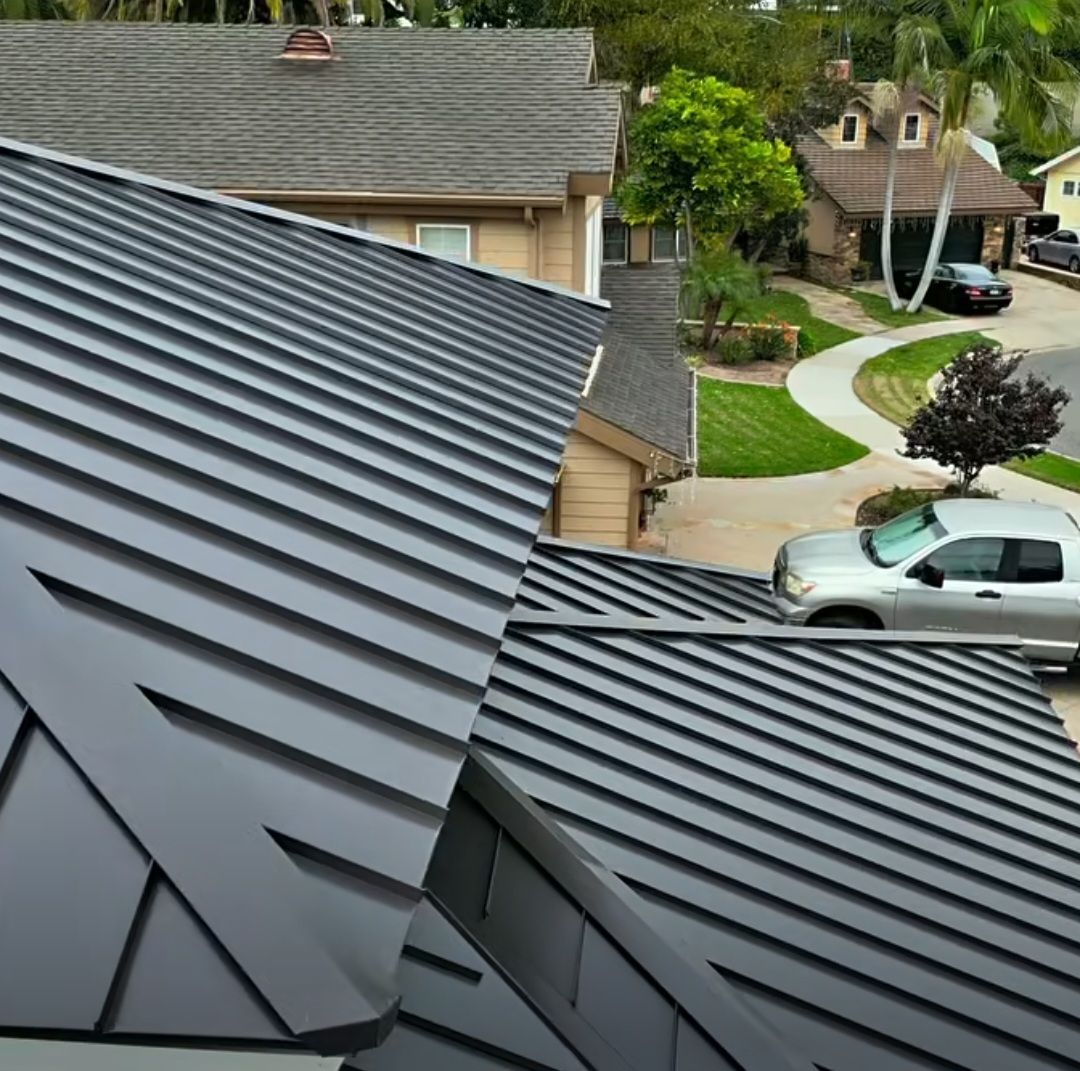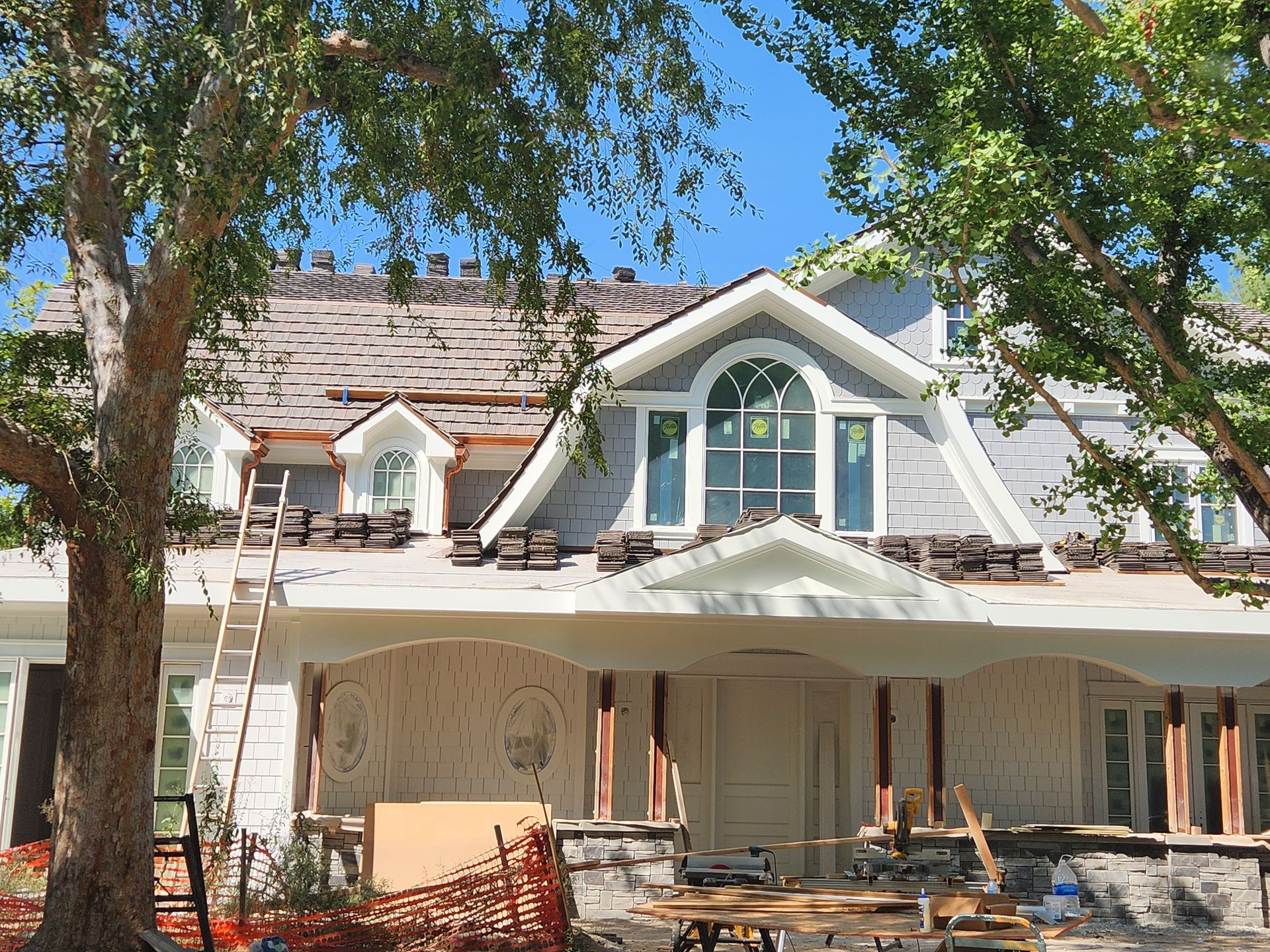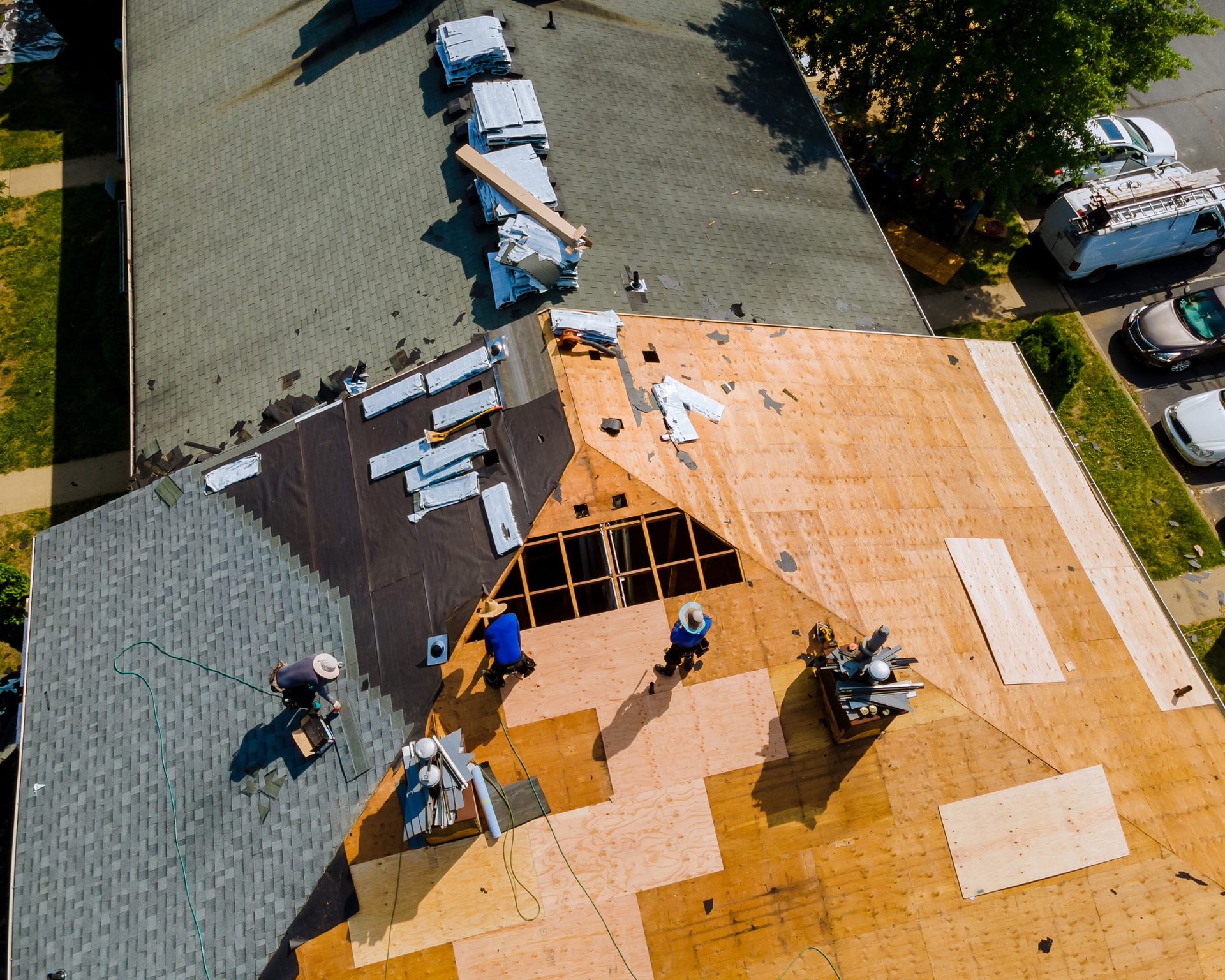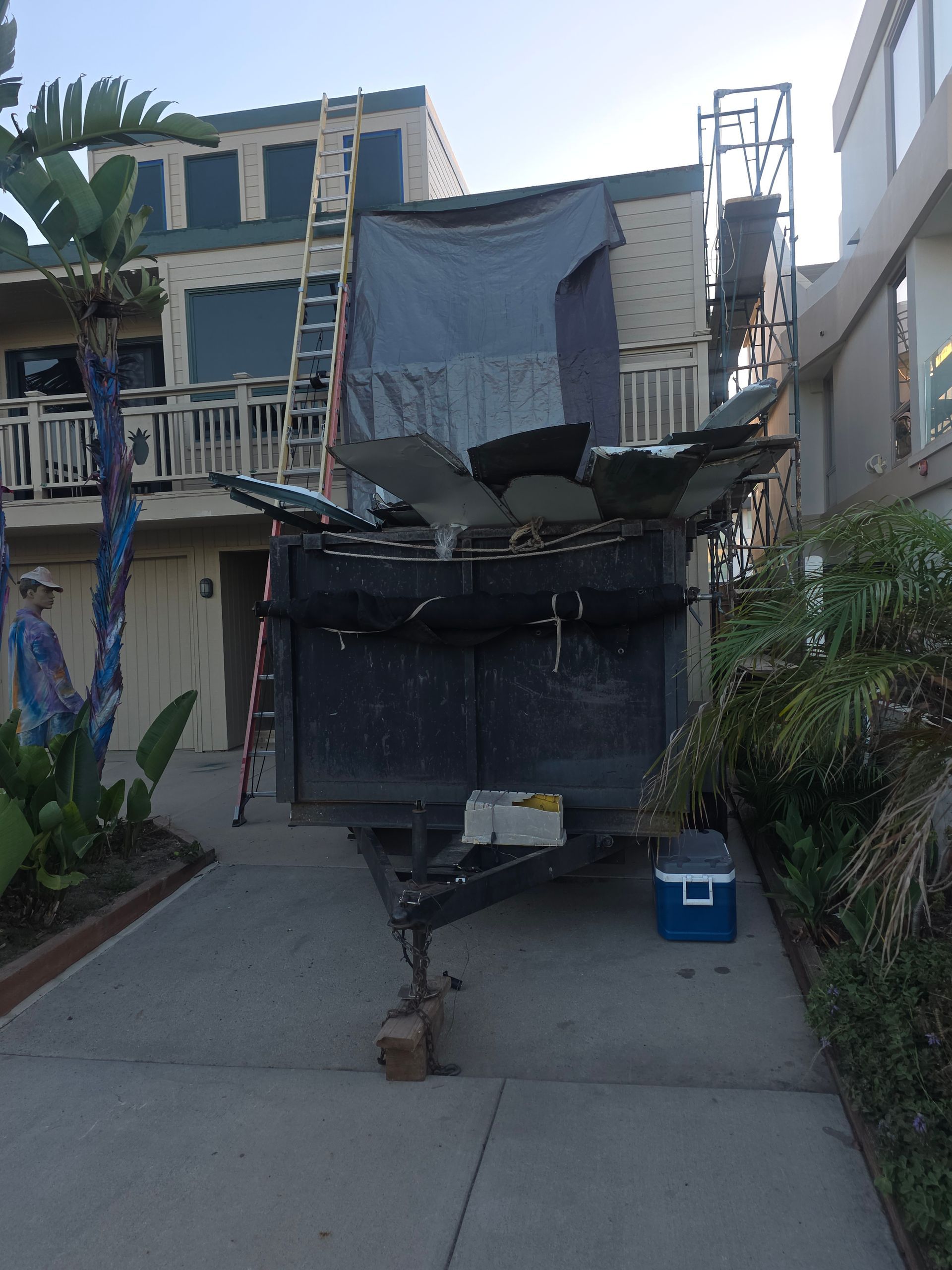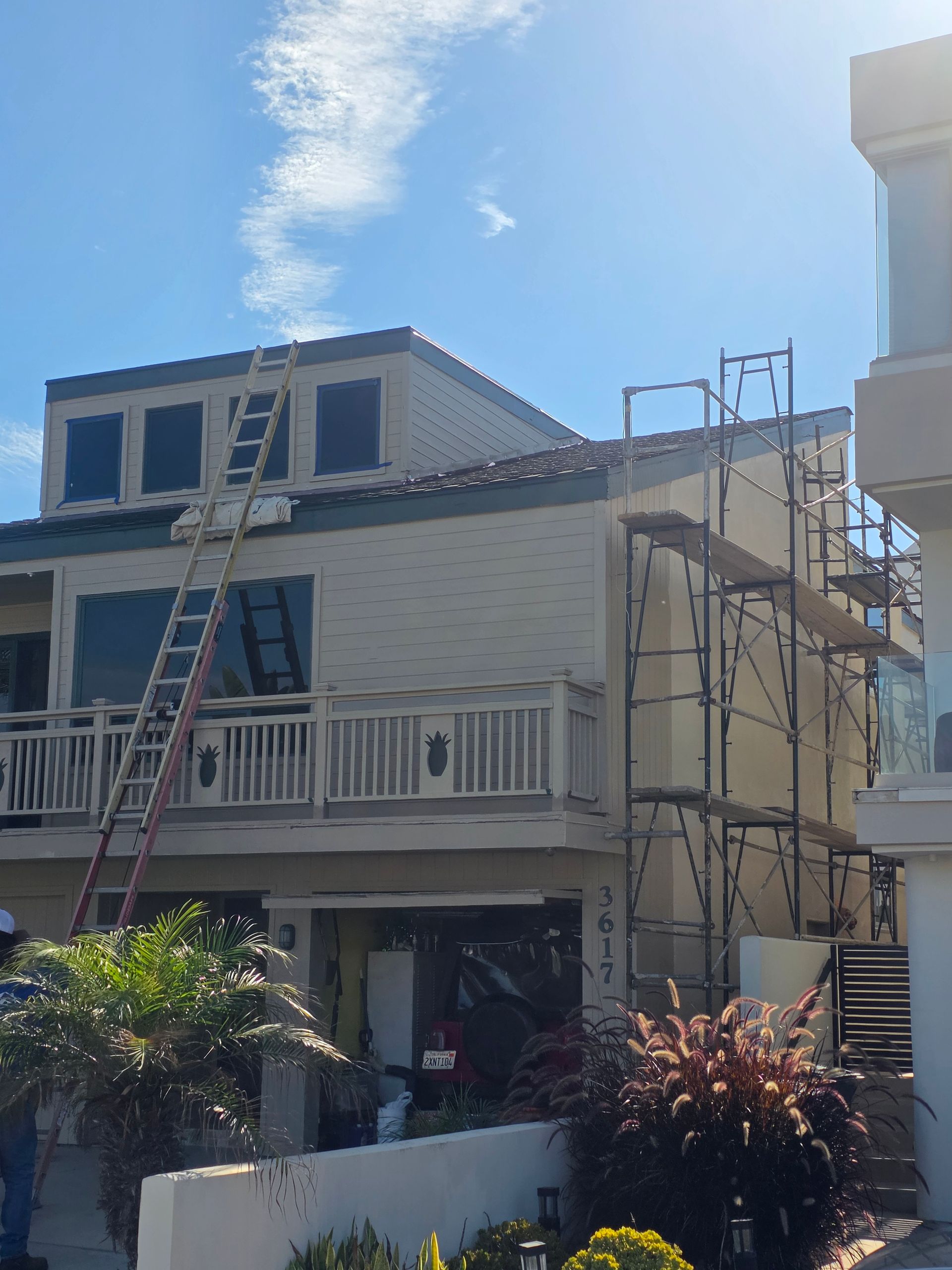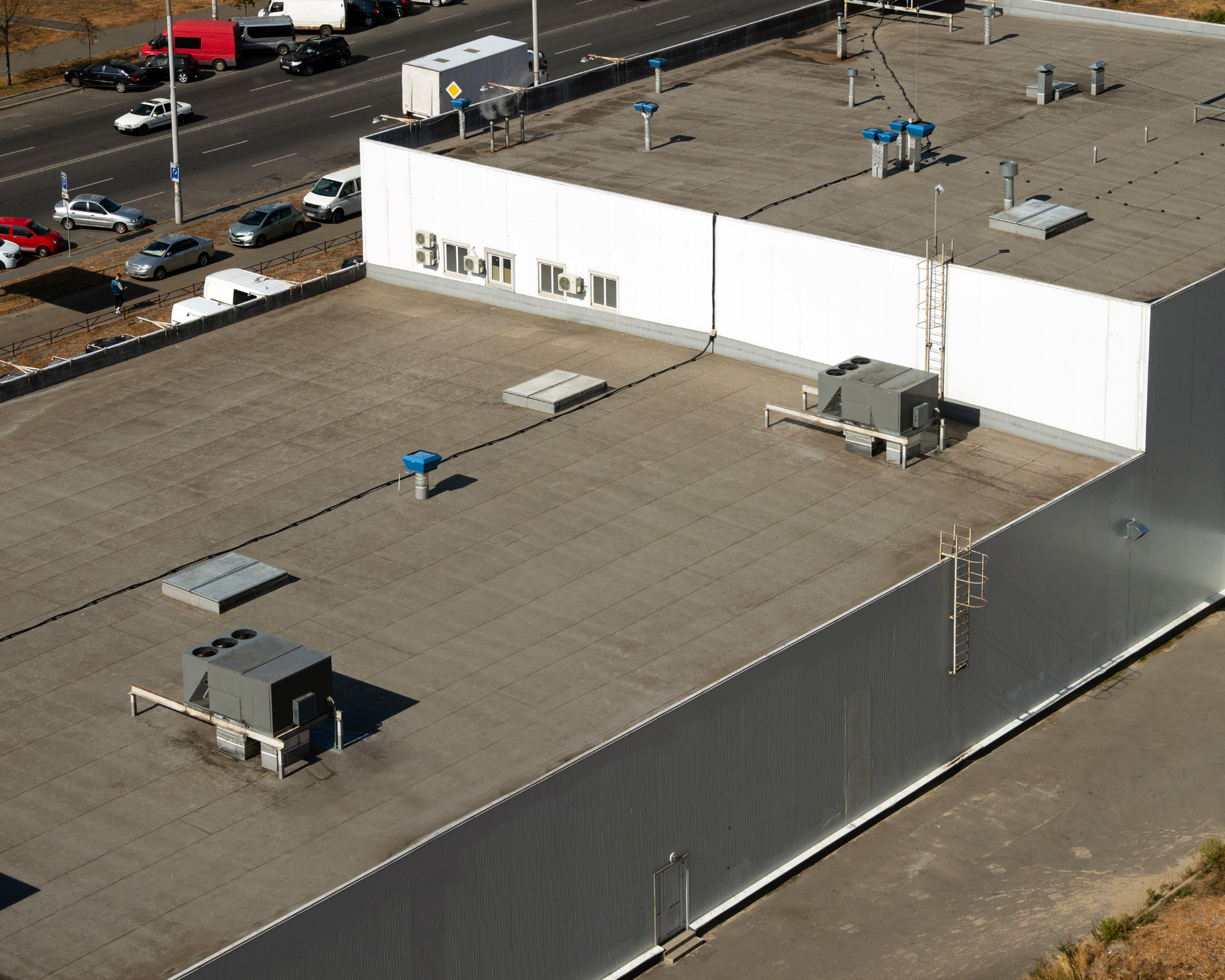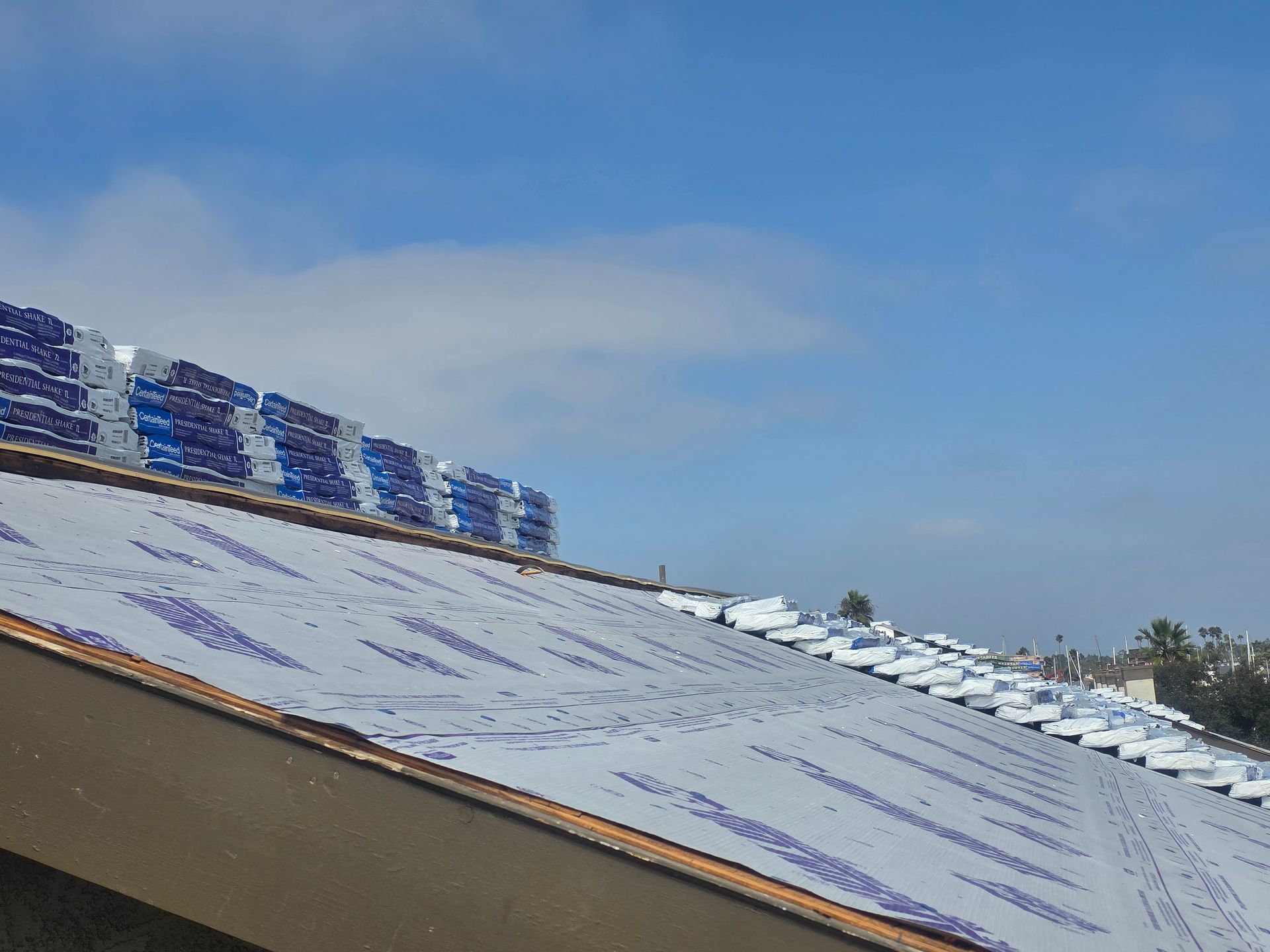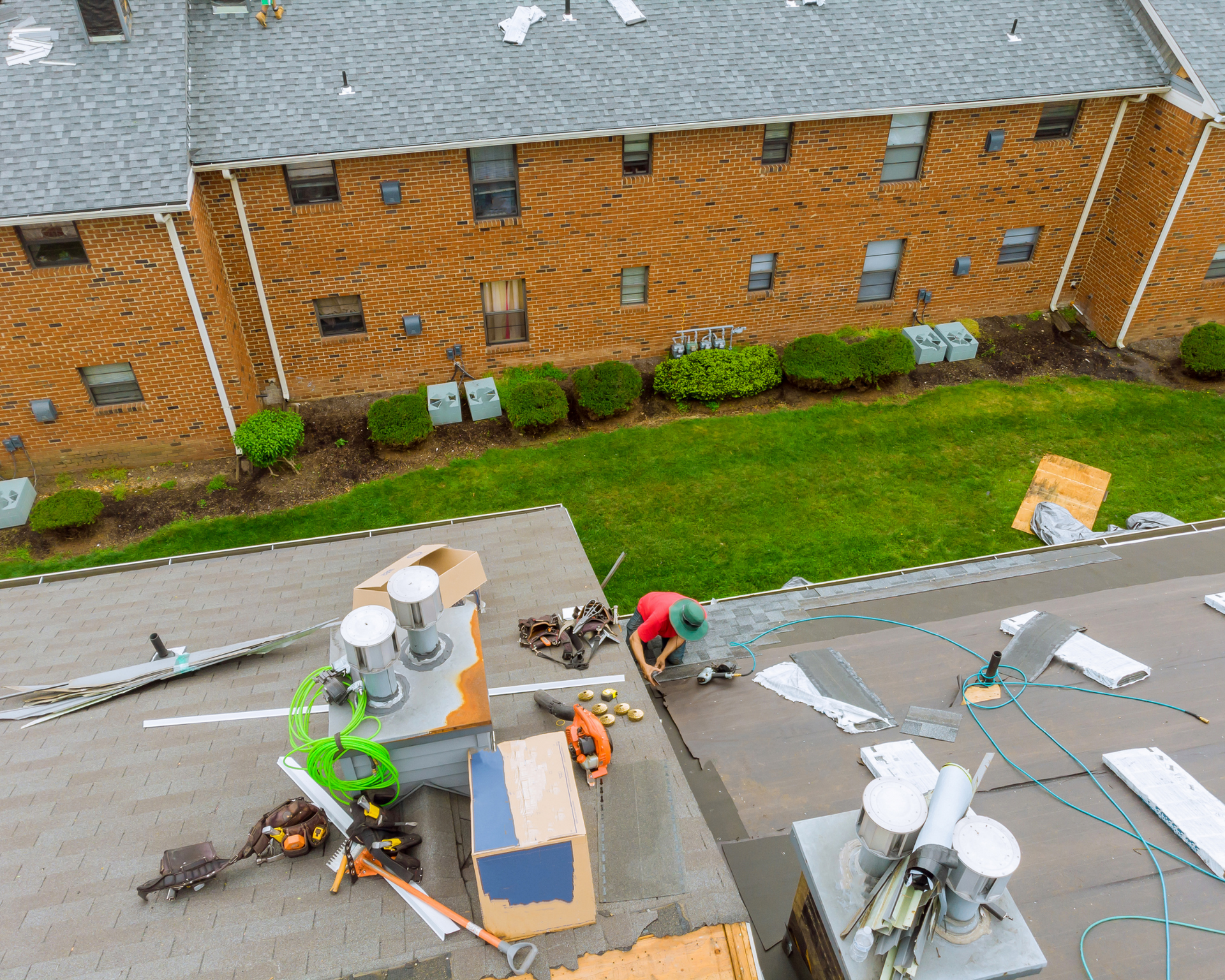Pro Roofers of Conroe are the premier roofing and construction provider in the piney woods of east Texas. We are fueled by three generations of construction specialists and current cutting edge technology. We are a long-standing roofing and construction firm that has served the Conroe, Texas, and Montgomery County area for over 28 years. They specialize in high-volume, professional roofing for both residential and commercial clients, completing over 500 projects annually with a strong emphasis on durability in the Gulf Coast climate.
Pro Roofers of Conroe
© 2026
Spéir Mór Media, LLC, Powered By Snapps

